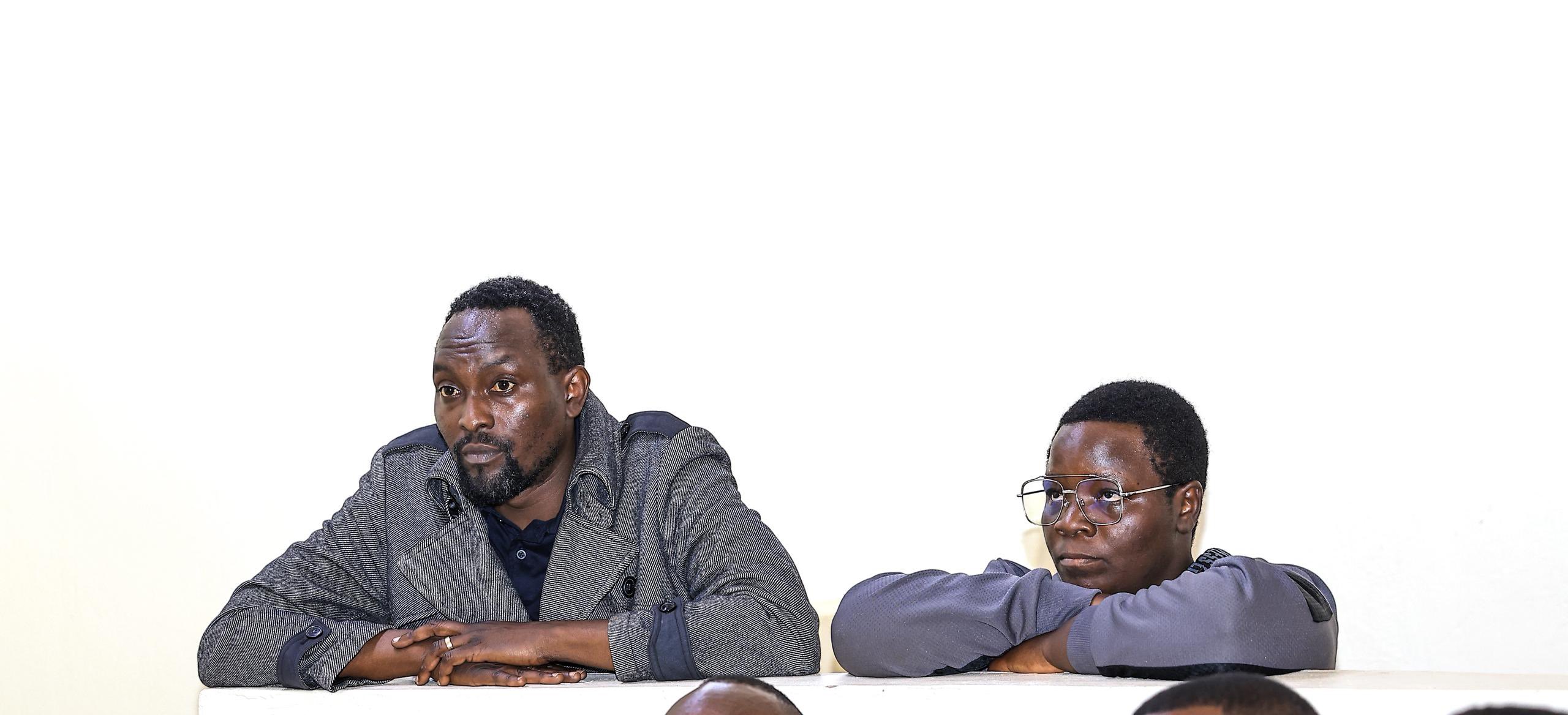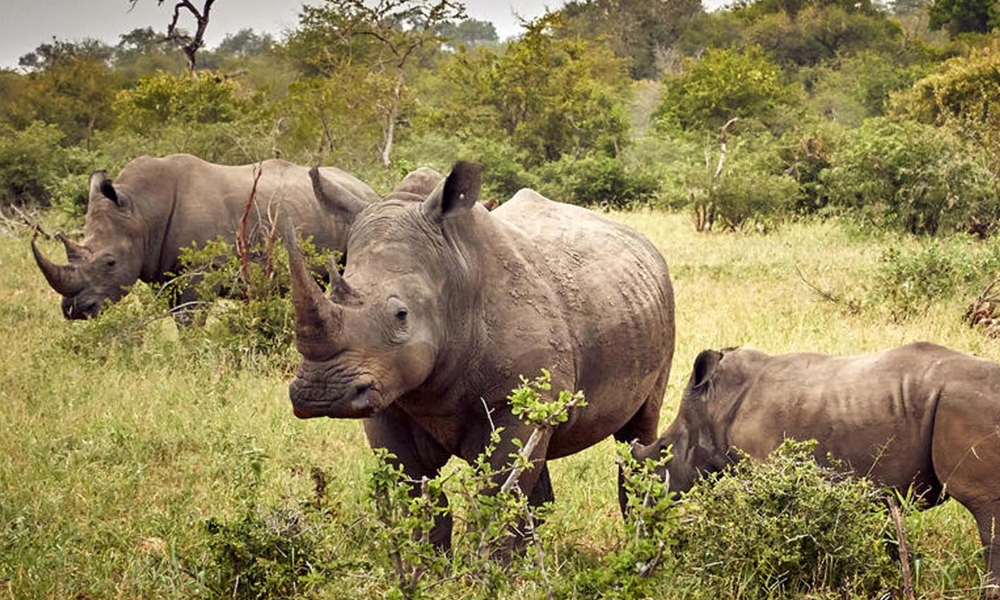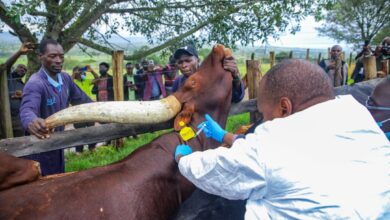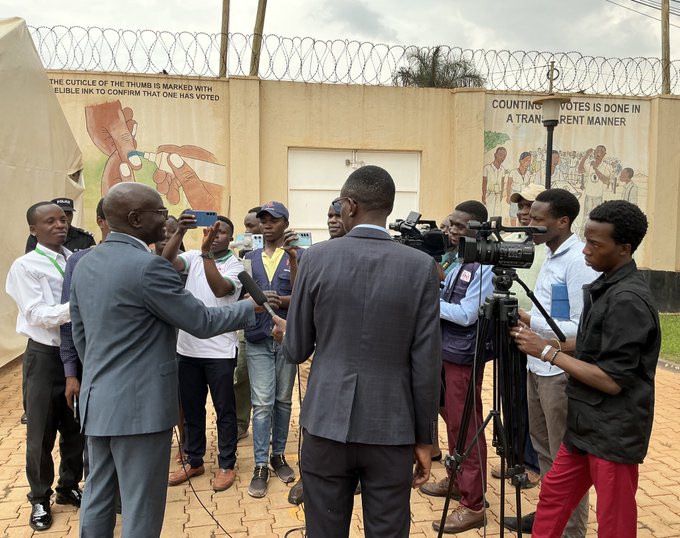Experts speak out on ICC’s move to charge the longest-serving warlord Kony
The confirmation hearing's progression, even in Kony's absence, has sparked conversations about the ICC's authority and effectiveness in securing accountability for high-profile fugitives.

The International Criminal Court (ICC) has announced it will move forward with the confirmation of charges hearing against Joseph Kony, the notorious leader of the Lord’s Resistance Army (LRA), in his absence.
This unprecedented move, permitted under Article 61(2)(b) of the ICC Rome Statute, could bring long-sought justice to the victims of Kony’s brutal campaign in northern Uganda.
Kony, who has evaded capture for decades, faces 33 counts of charges, including war crimes and crimes against humanity, stemming from alleged atrocities committed in 2003 and 2004 in northern Uganda. Initially, the hearing was set for October 15th but was postponed to allow the Defense, Prosecution, and Victim’s Counsel time to solidify procedural and evidentiary submissions.
The confirmation hearing’s progression, even in Kony’s absence, has sparked conversations about the ICC’s authority and effectiveness in securing accountability for high-profile fugitives.
Legal expert and international justice advocate Dr. Olivia Mwesigye points out that the decision reflects the ICC’s evolving approach in dealing with fugitive suspects, balancing the rights of the accused with the need for justice.
“The ICC’s decision to proceed in absentia shows a shift in international law to address impunity effectively,” Dr. Mwesigye explains. “By confirming the charges, even without Kony present, the court is setting a standard for accountability that resonates not only for his victims but for future cases where suspects evade justice.”
A large-scale campaign led by the ICC’s registry sought to notify Kony of the hearing, broadcasting details across Uganda and neighboring countries in Acholi, the primary language of the affected region. Despite efforts, Kony remains in hiding, living up to his reputation as one of the world’s most elusive fugitives.
The Pre-Trial Chamber III, composed of Judges Althea Violet Alexis-Windsor, Iulia Antoanella Motoc, and Haykel Ben Mahfoudh, confirmed that all necessary steps were taken to secure Kony’s presence, satisfying the requirements to proceed in absentia. They determined that Kony qualifies as a person who “cannot be found,” justifying the continuation of the charges process in his absence.
The Rome Statute allows for such measures at the Pre-Trial stage under exceptional conditions, where public interest in accountability is weighted against procedural norms. If the charges are confirmed, the case can proceed to trial only if Kony appears before the Trial Chamber.
Kony was first indicted by the ICC in 2005, alongside four other senior commanders of the LRA, due to his brutal two-decade insurgency aimed at toppling the Ugandan government under President Yoweri Museveni. While the other commanders have been captured or killed, Kony’s continued evasion makes him the ICC’s longest-standing fugitive.
Victims of Kony’s atrocities have long awaited justice, but his elusive status has kept the process at a standstill for nearly two decades. Despite progress toward confirming charges, the lack of Kony’s physical presence at trial means that a final verdict and sentence could still remain out of reach.
Still, the confirmation of charges would be a major step forward in a long journey for those affected by Kony’s violence. Dr. Mwesigye hopes this process will continue to shine a light on the need for stronger international frameworks to address such impunity.
“For the victims, it sends a message that the international community has not forgotten, even after all these years,” she says. “This could help pave the way for reforms to strengthen international law against fugitives and hold them accountable for their actions, no matter how long it takes.”
With the ICC committed to moving forward, this case signals the court’s unwavering pursuit of justice, emphasizing that the world will not turn a blind eye to the devastation left in Kony’s wake. Whether he ultimately stands trial remains uncertain, but the journey toward justice presses on.







